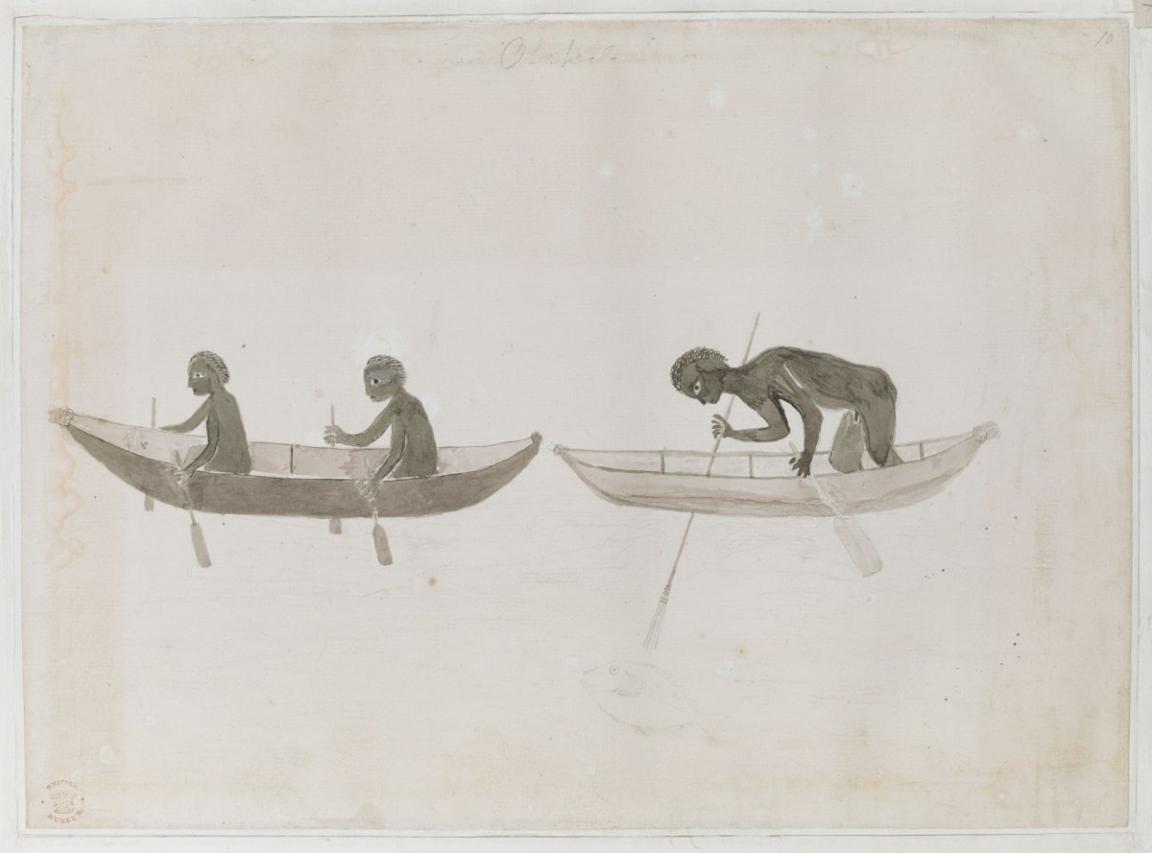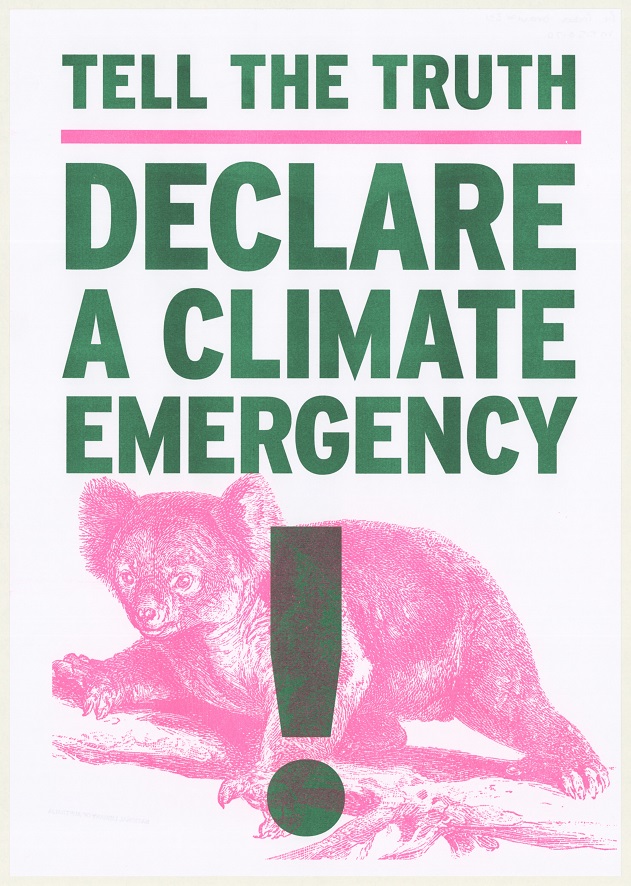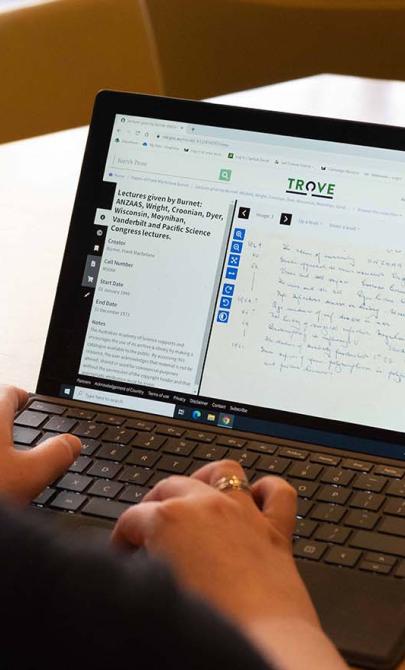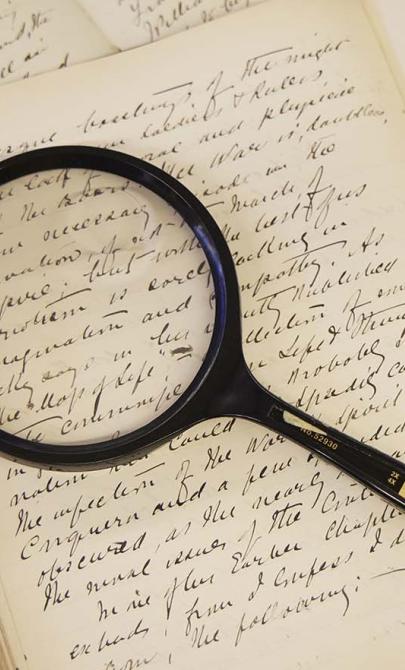Colonising the environment
Instructions to survey natural resources
Although his Endeavour voyage was commissioned by the Royal Society of London as a scientific mission, Cook also carried a secret letter from the Admiralty when he set sail in 1768. In part of this letter, Cook was told to survey the natural resources.
Learn more in our lesson about Cook's secret instructions.
You are also instructed to observe the Nature of the Soil, the products thereof; the Beasts & Fowls that inhabit or Frequent it, the Fishes that are to be found in the Rivers or upon the coast & in what Plenty & in case you find any Mines, Minerals or valuable Stones, you are to bring home Specimens of each & also such Specimens of the Seeds of the Tree fruits & grains as you may be able to collect.
Environmental impact on the ocean
Dr Joy McCann is a historian specialising in environmental and cultural history. In an address at the Library, she discusses the environmental impacts on the southern oceans following the publication of Cook’s journals in 1777.
Dr Joy McCann - exploitation of seals, penguins and whales; The Southern Ocean
Activity 1: Governing the oceans
Joy McCann describes the harvesting of marine life in the Southern Ocean by seal gangs and whalers. At that time, there were no laws to control the harvesting of marine life from these remote islands and waters.
Investigate the international laws and regulations that now govern marine environments, and evaluate their adequacy.
Differing agricultural practices
The ruthless approach described by McCann differs significantly from that of Aboriginal and Torres Strait Islander peoples, who for thousands of years have fished in the rivers and at sea.

Tupaia (c. 1724–1770)
Australian Aboriginal People in Bark Canoes April 1770
pencil and watercolour
British Library, London, Add MS 15508, f.10
© British Library Board
Tupaia (c. 1724–1770)
Australian Aboriginal People in Bark Canoes April 1770
pencil and watercolour
British Library, London, Add MS 15508, f.10
© British Library Board
Activity 2: Different philosophies and approaches
European colonists introduced plants and animals to Australia without knowledge of the impact they might have on the Australian environment.
- How did the agriculture and farming practices of the colonists differ in philosophy and approach from those of First Nations peoples?
- Why might the colonists have chosen not to recognise or use the expertise of the original inhabitants?
A return to Aboriginal land-management and farming practices
Along with the oceans, land-based environments faced profound environmental impact after Cook’s voyages.
Bruce Pascoe, a Bunurong/Tasmanian Yuin man, has done extensive research into the natural environment in pre-colonial Australia. In this presentation at the Library, he outlines some of the damage caused to the landscape when sheep were introduced to the colony.
Bruce Pascoe - Impact of sheep; Eric Rolls Lecture
Activity 2: Economic, cultural, political and environmental impact of change
Bruce Pascoe advocates for a return to Aboriginal land-management and farming practices, including periodic patch burning and greater use of native plants and animals. His ideas are shared by many conservationists and scientists.
- Identify the positive and negative economic, cultural, political and environmental implications of making such changes.
Colonisation and contemporary environmental activism

Bettina Kaiser, Tell the truth : declare a climate emergency, 2019, nla.gov.au/nla.obj-2633844219
Australia has a long history of environmental activism.
You can find our more about the Franklin Dam blockade, anti-mining protests and climate action protests in our research guide on environmental protests.
Activity 4: Lasting impacts
- Outline the positive and negative legacies of Cook’s expeditions in relation to the Australian environment.
- What connections are there, if any, between the impacts of colonisation and the concerns of contemporary environmental activists?



